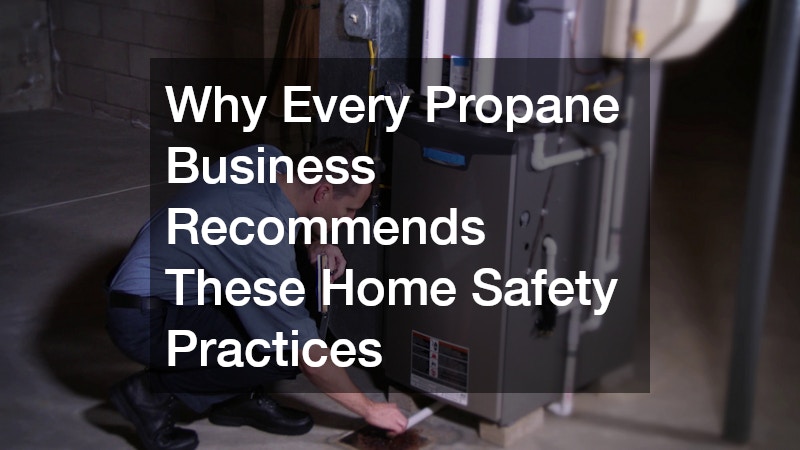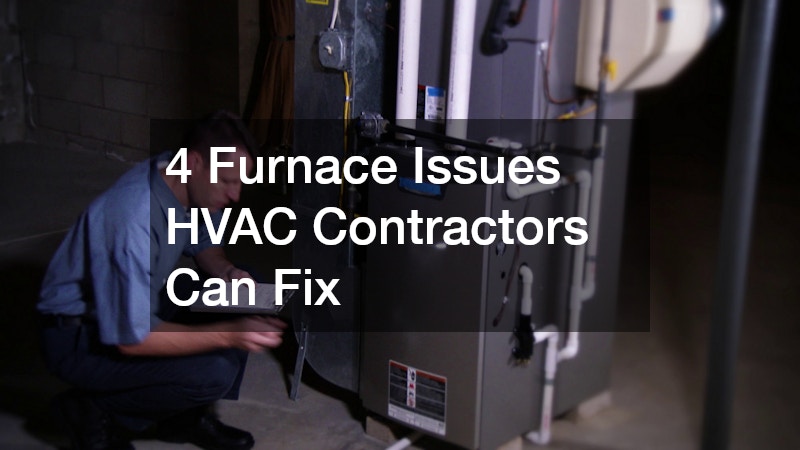This article explores the essential home safety practices recommended by propane businesses to ensure a safe and efficient use of propane at home. With the growing reliance on propane for heating, cooking, and other household needs, understanding safety practices is more important than ever. A well-informed homeowner can minimize the risks associated with propane use, thereby fostering a safer living environment.
What Are the Most Common Propane Safety Tips for Homeowners?
Homeowners should be aware of key safety practices such as proper storage, regular inspections, and understanding the signs of a propane leak. Any reputable propane business will stress that proper storage involves ensuring that propane tanks are kept in well-ventilated, upright positions and away from any sources of ignition. Additionally, homeowners should schedule regular inspections of their propane systems through a trusted propane business to identify wear and tear and ensure that everything operates efficiently and safely.
Knowing the signs of a propane leak is essential for every homeowner. Propane is odorless, but suppliers add a chemical called mercaptan to give it a distinct rotten egg smell, which acts as an early warning system in the event of a leak. Other signs may include hissing sounds or dead vegetation around the area of a leak, which can indicate that propane is escaping. Cues like these can prepare homeowners for timely action, ultimately preventing dangerous situations.
Homeowners are encouraged to stay educated about propane safety measures, and many turn to their local propane business for guidance and resources. Knowing how to handle a propane tank, what equipment should be used, and the importance of keeping clear access around storage areas are all vital. By adhering to these recommended practices, homeowners contribute to their own safety and that of their neighbors, reinforcing a community commitment to safe propane usage.
How Can You Identify a Propane Leak?
Learning how to recognize the signs of a propane leak, such as a rotten egg smell or the presence of hissing sounds, is critical for safety. This knowledge can significantly contribute to a quicker response to potential emergencies. It is valuable for homeowners to take the time to familiarize themselves with these signs and to conduct regular checks of propane appliances and connections for any issues.
In addition to the scent and sound indicators, homeowners should also look for physical signs in the environment. Soil disturbances, such as dead grass or other plants around the tank, can point to an underground leak. Awareness of how weather conditions may affect gas dispersion is crucial, too; for example, strong winds may carry gas away from the immediate area, sometimes making it harder to detect during high winds.
When you suspect a leak, it’s vital to act quickly and efficiently. The first step is to evacuate the area and avoid using any electrical devices, including cell phones, as sparks could ignite the gas. Considering the environment in which propane is used, along with an awareness of its properties, helps assure that all household members remain vigilant and prepared for any potential emergencies related to propane leaks.
What Should You Do in Case of a Propane Emergency?
Knowing the steps to take in an emergency, including evacuation procedures and when to contact emergency services, can save lives. In the face of a suspected leak, the priority is to evacuate the area immediately and assure that everyone is at a safe distance. Any experienced propane business will recommend designating a safe meeting point away from the building as a best practice to effectively account for all family members and pets.
Once at the safe location, it’s crucial to contact emergency services and report the suspected propane emergency. Providing detailed information about the situation will enable emergency responders to act quickly and effectively. Communicating whether there are any individuals still inside or if there was a visible leak allows for a swift and strategic response, increasing the likelihood of making sure everyone’s safety.
After the emergency services address the situation, a follow-up is essential. Don’t attempt to re-enter your home until professionals clear it for re-entry. Assessing the damages and working with your trusted propane business or supplier for a system check-up can mitigate future risks. Having an established emergency plan with clear roles and responsibilities among family members regarding propane emergencies—something your local propane business can often help you create—can further enhance safety measures within the household.
Implementing these home safety practices not only protects your household but also promotes a safer community environment for everyone using propane. Awareness and preparedness are paramount in handling this flammable material, making sure both personal safety and the safety of neighbors. By prioritizing these practices and following the guidance provided by a trusted propane business, homeowners reinforce the fundamental values of responsibility and community welfare.





